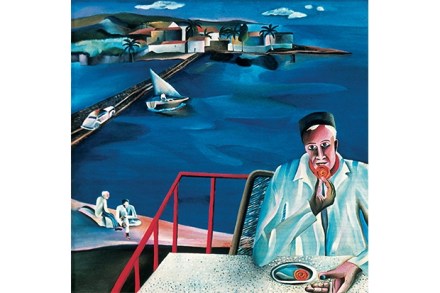Things fall apart | 17 November 2016
Ali Smith is that rare thing in Britain: a much-beloved experimental writer. Part of her attraction for readers is that she continually connects formal innovation and the freedom to reinvent a story with the freedom to reinvent the self. It’s a beguiling proposition that can make liberation seem like a matter of style. Following the




















